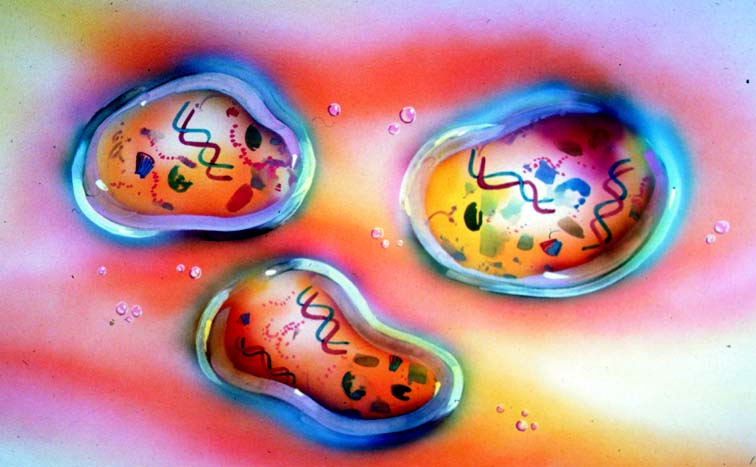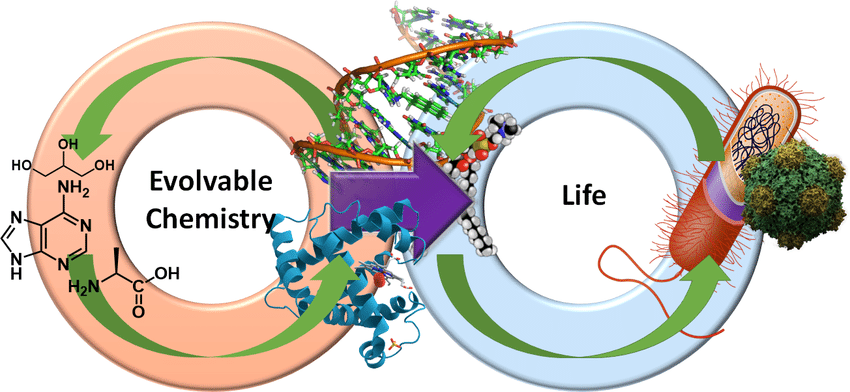
Chemical evolution is the process by which the chemical composition of Earth’s atmosphere, oceans and soils has changed over time. It is thought to have begun shortly after the Earth formed, around 4.5 billion years ago, and has continued ever since.
Chemical evolution can be divided into two distinct stages. The first stage is known as prebiotic chemistry, which refers to the chemical reactions that occurred before the emergence of life. This stage is thought to have resulted in the formation of organic molecules, such as amino acids and nucleic acids, which formed the basis of life.
The second stage of chemical evolution is known as biotic chemistry, which refers to the chemical reactions that occur within living organisms. This stage is responsible for the production of more complex molecules and compounds, such as proteins, carbohydrates and lipids, which are essential for forming and maintaining life.
Chemical evolution has played a crucial role in the development of life on Earth. Without it, the complex molecules and compounds required for the emergence of life would not exist, and life as we know it would not exist.

